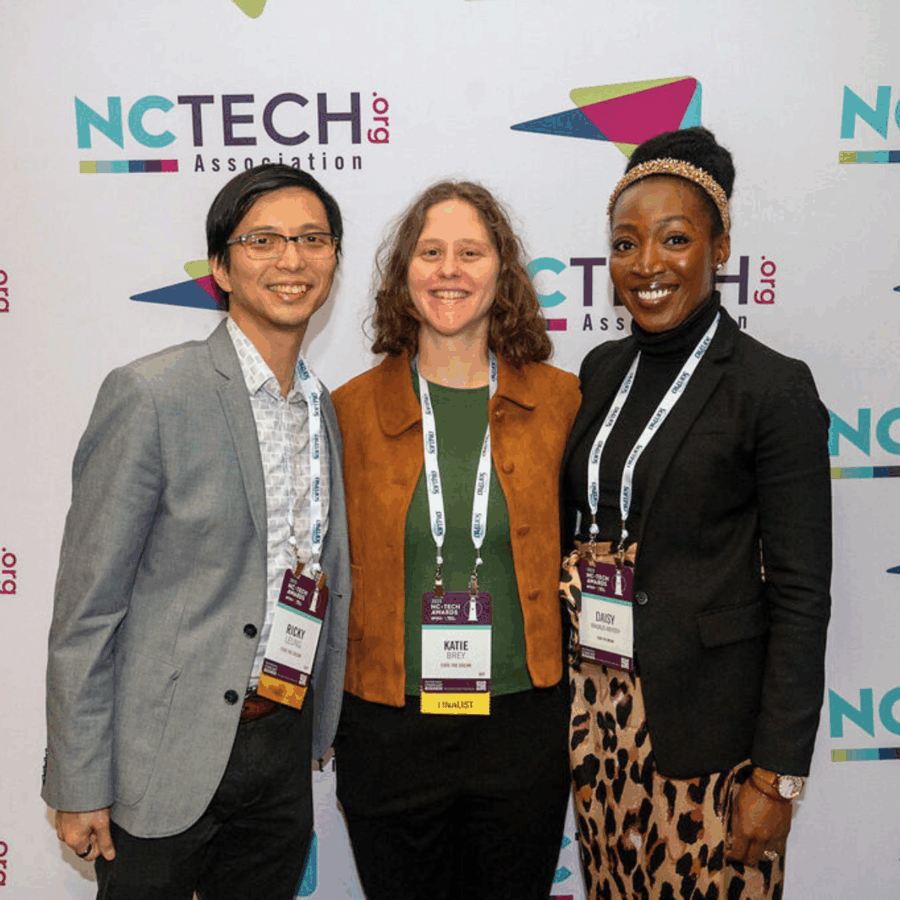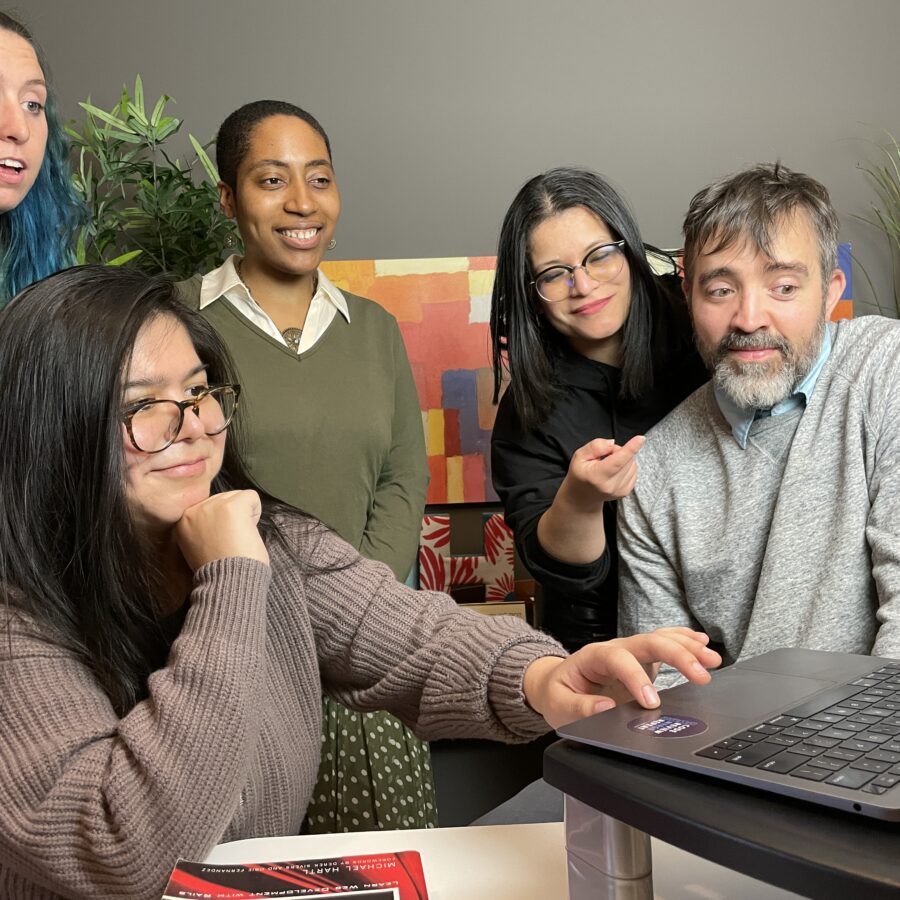In the rapidly changing world of technology, a lingering myth still circulates in HR offices and C-suites from a bygone era: the only path to becoming a world-class software engineer is a straight, uninterrupted line through a computer science degree to a traditional corporate tech company. And if you don’t follow that path, the myth posits, then you’d better be a start-up prodigy with 10 years of personal projects in your portfolio if you want to break into tech.
We fundamentally disagree.
The future of software development rests not only on technical expertise but also on a well-rounded, adaptive perspective forged by diverse personal and professional experiences. A varied career journey—whether it includes time in construction, healthcare, education, or the non-profit sector—is not a series of detours; it is a vital accelerator that creates the most innovative, empathetic, and resilient engineers. Enter the Holistic Engineer, a professional who can see the system not just as a collection of algorithms, but as a living product that addresses human problems.
The Practical Edge
The advantages of the Holistic Engineer aren’t limited to their empathy and deep understanding of the user experience; they also encompass unique practical skills from previous careers—abilities that often can’t be taught in a standard computer science curriculum. Here are four essential competencies forged outside of the traditional tech track:
- Adaptability and Organic Design
The Cultivator: farmers, gardeners, educators, event planners, small business owners, and restaurateurs.
Skills: An organic mindset that views software not as a rigid construction, but as a living ecosystem requiring constant care and pruning. They’ve held roles where initial plans rarely survive contact with reality and adaptation is mandatory. These professionals excel at managing scope creep and responding to evolving specifications, seeing refactoring not as a necessary evil, but as organic growth. This inherent adaptability and willingness to pivot are essential for modern tech teams. - Composure Under Pressure
The First Responder: paramedics, firemen, military, zookeepers, veterinary technicians, construction foremen, and security guards.
Skills: High-stakes, time-sensitive problem-solving, and the ability to maintain composure when the system inevitably fails. Who is the calmest developer on your team when the production server crashes? Probably the one whose previous job involved stabilizing a patient, medicating big cats, or dealing with a crisis on a worksite. This real-world experience in low-ego, high-adrenaline workflows is instantly transferable to debugging mission-critical systems. - Engineering for Real-World Friction
The Integration Expert: caregivers, customer support specialists, policy analysts, salespeople, administrative assistants, and nonprofit program managers.
Skills: An innate ability to translate messy, real-world requests (from customers, patients, or legislators) into structured, achievable tasks. These professionals are masters of stakeholder management, uniquely positioned to bridge the gap between technical possibility and operational need. They view software as a tool for systemic change, focusing on eliminating tedious, manual friction points—an invaluable skill for ensuring that high-quality code delivers real-world impact and adoption. - Discipline and Quality Assurance
The Meticulous Mechanic: automotive technicians, tradespeople, accountants, laboratory technicians, auditors, and building code inspectors.
Skills: A rigorous, practical discipline focused on reliability and measurable success. This involves a non-negotiable commitment to procedural rigor and audit-readiness. Whether inspecting a building, reconciling accounts, or preparing an engine, they demand meticulous organization, uphold detailed acceptance criteria, and maintain a zero-tolerance mindset for defects. Their eye for detail ensures that the final output is not just functional, but durable.
The Future of the Profession
The world needs more career experimenters, bold pivoters, and professional shape-shifters. Their diverse skillsets—the ability to balance internal stakeholders, or the experience presenting complex technical ideas—are foundational requirements for success in the modern digital age.
The challenges teams face are often human, not purely technical. The most effective engineers are those who can navigate both human architecture and system architecture. These Holistic Engineers understand that the toughest debugging often happens away from the console—in Slack and Zoom meetings, on conference calls, and in client offices across specialties and industries.
As Code the Dream developers, our unique perspectives and experiences are as important as our fluency in coding languages. Our non-linear path into the tech industry offers a competitive advantage that makes us exceptionally thoughtful, comprehensive, and industry-aware developers, and therefore build thoughtful, comprehensive, and industry-aware technology. A non-traditional background isn’t a disadvantage for future coders—it’s the superpower that will move the tech industry forward.





